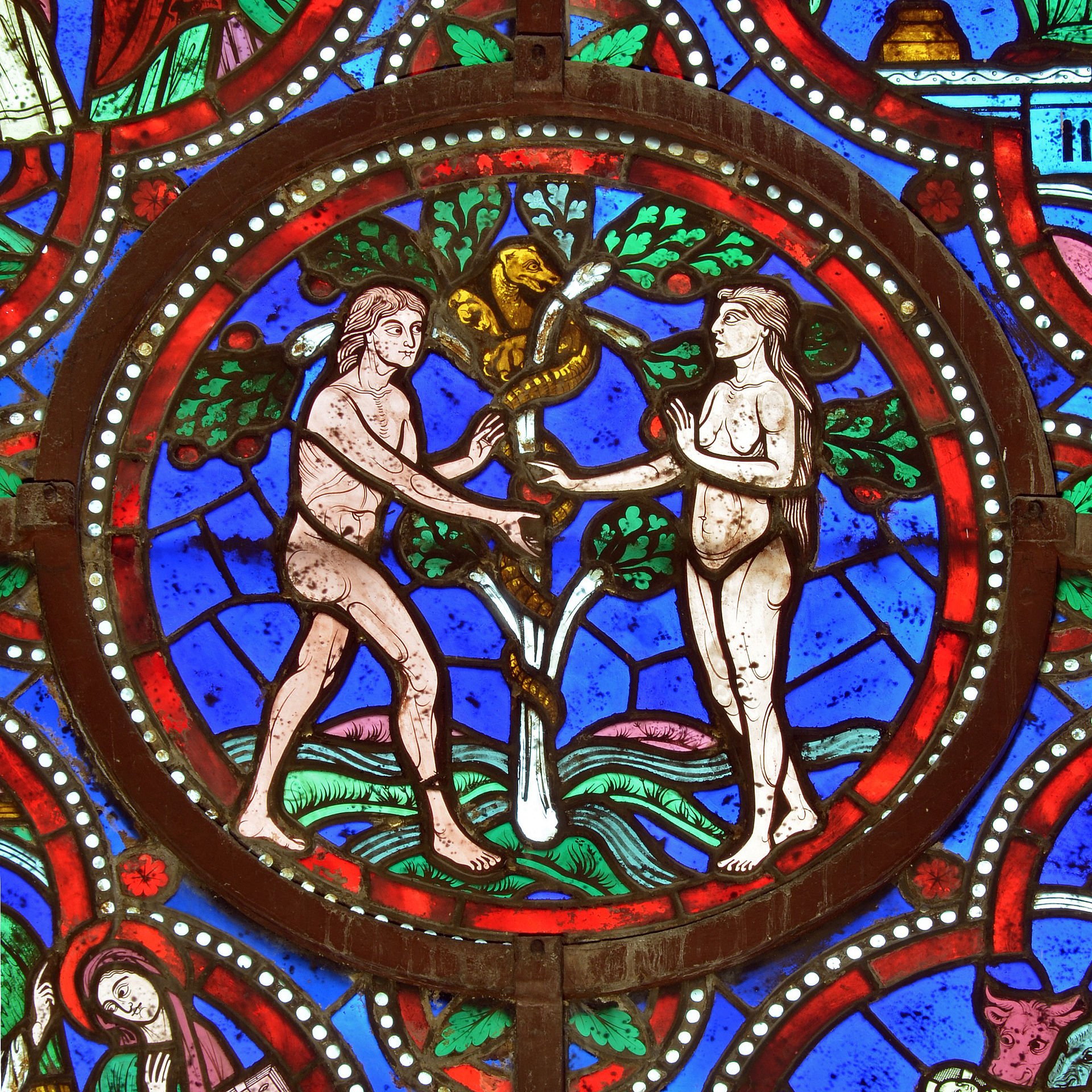Religion has been a key part of how human groups and their education. It’s fair to state that countries have grown and changed over time. It has adapted to changing cultural, economic, and political conditions throughout history. These perspectives and practices have evolved over time to help people understand the world and their position in it. From ancient animism to contemporary religion, this article will discuss some of the most significant religious developments. By studying how various faiths have evolved and interacted at college or other academic institutions, we’ll learn about their complex relationship with society. So, let’s dive into it together!
Prehistoric Religions
Before written language, people had already come up with a complex set of ideas and practices that we now call “archaic religions.” A lot of the world’s oldest societies believed in animism, which is the idea regarding rocks, trees, animals, and their souls or otherworldly powers. This is so interesting even today as kids might use a writing religion essay example for their texts and also submit outstanding work. But to get an essay example, they must learn the right information on the subject. And they can find it on online websites. Faith in the past was also marked by a deep respect for the natural world and its yearly changes. Many old communities worshipped fertility Gods to make sure their crops would grow well, and their hunting trips come up successful. Rituals and sacrifices were often done to make them happy and keep their favor.
Ancient Religions
The earliest faiths grew up on their own in different parts of the world, and each one had its own set of ideas and ways of doing things. They are regularly taught at the university today due to their complexity. Polytheism, which means worshiping many Gods or ones as a group, was a key part of these religions. Egypt, Greece, Rome, and Mesopotamia are some of the most well-known old countries, and all of them had long religious histories. The ancient Egyptian Pantheon controlled everything from the Nile floods to the future. As presents to their Gods, they erected gigantic temples and mounds. The Ancient Greeks ranked them, with Zeus at the top. From painting to poetry, they were religious.
Abrahamic Religions
Abraham is the spiritual leader of the sacred Abrahamic religions, all of which are named after him. The three faiths that are part of it are Judaism, Christianity, and Islam. All of them believe in one God who is all-knowing and kind. And at school, kids are always especially warned to remember this. Judaism was the first of the Abrahamic doctrines, and its roots can be found in Israel. It is based on what the Hebrew Bible says, which says that there is only one God who made a deal with the Jewish people. Christianity is a faith that grew out of Judaism and is based on what Jesus taught and how he lived. Christian teaching talks about a God in the flesh who came to Earth to save wicked people. In 610 C.E., the prophet Muhammad set up Islam based on the lessons of the Quran, which stress God’s monotheism.

Eastern Religions
Eastern religions have diverse rituals and beliefs due to their intricate history. That’s why a teacher must possess great knowledge to show others everything. Hinduism is a prominent Eastern faith. It began in India almost 4,000 years ago. Karma, return, and knowledge underpins Hinduism, which worships many Gods and Goddesses. Siddhartha Gautama founded Buddhism in India. Buddhists seek enlightenment and happiness via meditation and self-reflection.
Modern Religions
In the past few years, the number of religious groups has grown. Many of them are called “cults.” Most of the time, passionate leaders who say they have met God directly start them, and they are interesting to every student on the globe, probably. Some of these groups have gained large numbers of followers, but others have died out. L. Ron Hubbard founded Scientology in the 20th century. Scientology claims we are everlasting Thetans who have lived numerous lifetimes and will continue to do so.
The Future Of Religion
It is hard to say how religious ideas and behaviors will change in the future. It’s a lesson that can’t be fully explained. Faith will continue to shape future cultures and communities. Future believers may be more creative. Those dissatisfied with established faith may seek alternative faiths. Meditation, yoga, and other non-religious awareness practices inspire thought and meaning-seeking. Alternative faiths and philosophies may also develop. Globalization may boost non-Western faiths. Taoism and Confucianism may follow Buddhism’s success in Western nations.
Conclusion
The story of how religious ideas and practices have changed over time is fascinating and has had a big impact on how people have grown and changed. It is often present in academic classes too. From past times to the present, faith has had a big impact on culture, politics, and society as a whole. Many of the early religions were based on animism and polytheism, but the Abrahamic faiths put a strong emphasis on morals and unity. Karma, return, and meditation are all ideas that came to the West from the East not too long ago. Beliefs today are as different as the people who believe in them, and they all change as time goes on. No matter how various they are, all faiths try to give people a reason to live. To deal with the complicated world we live in, it’s important to know about religion’s long history and how it affects us today.



